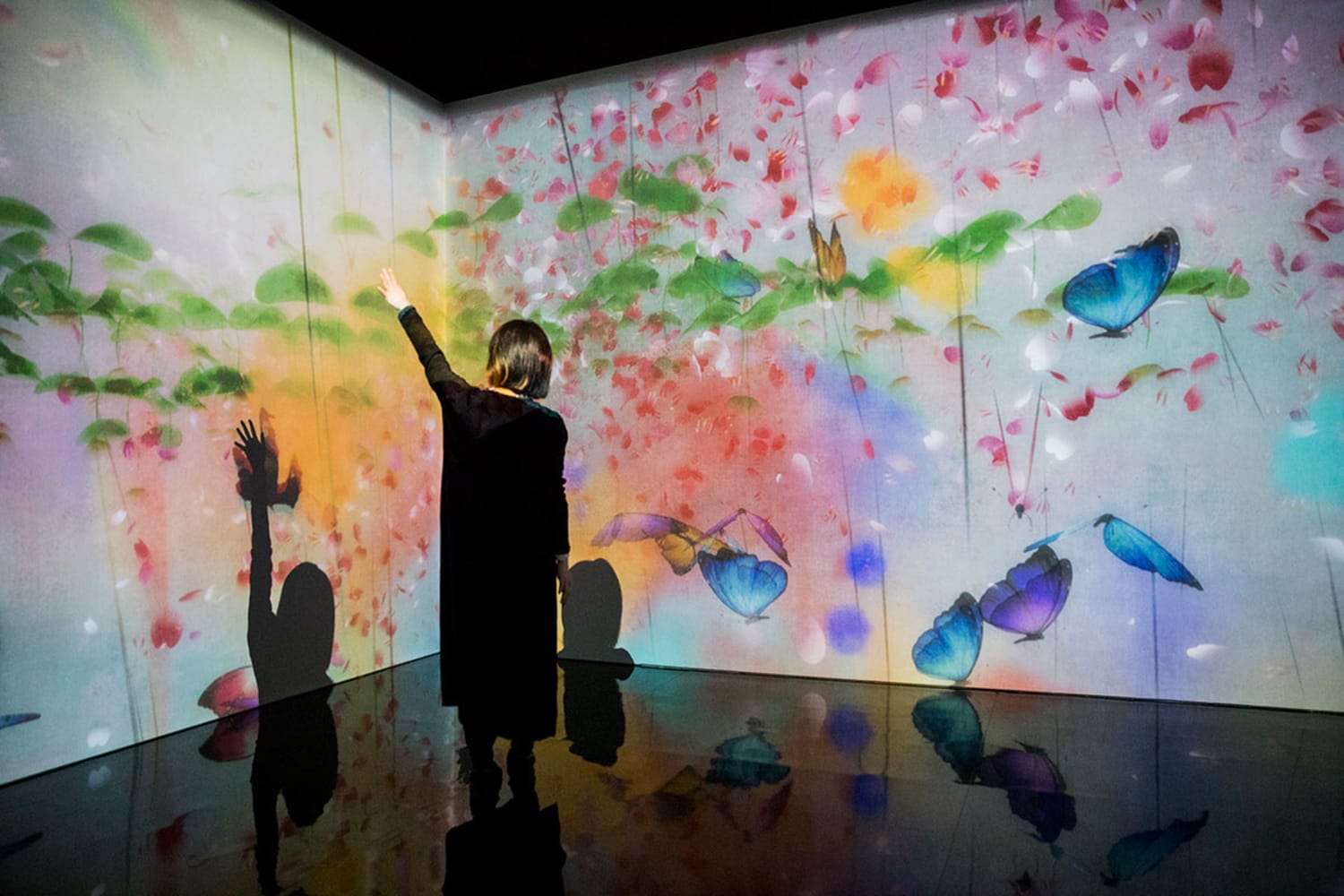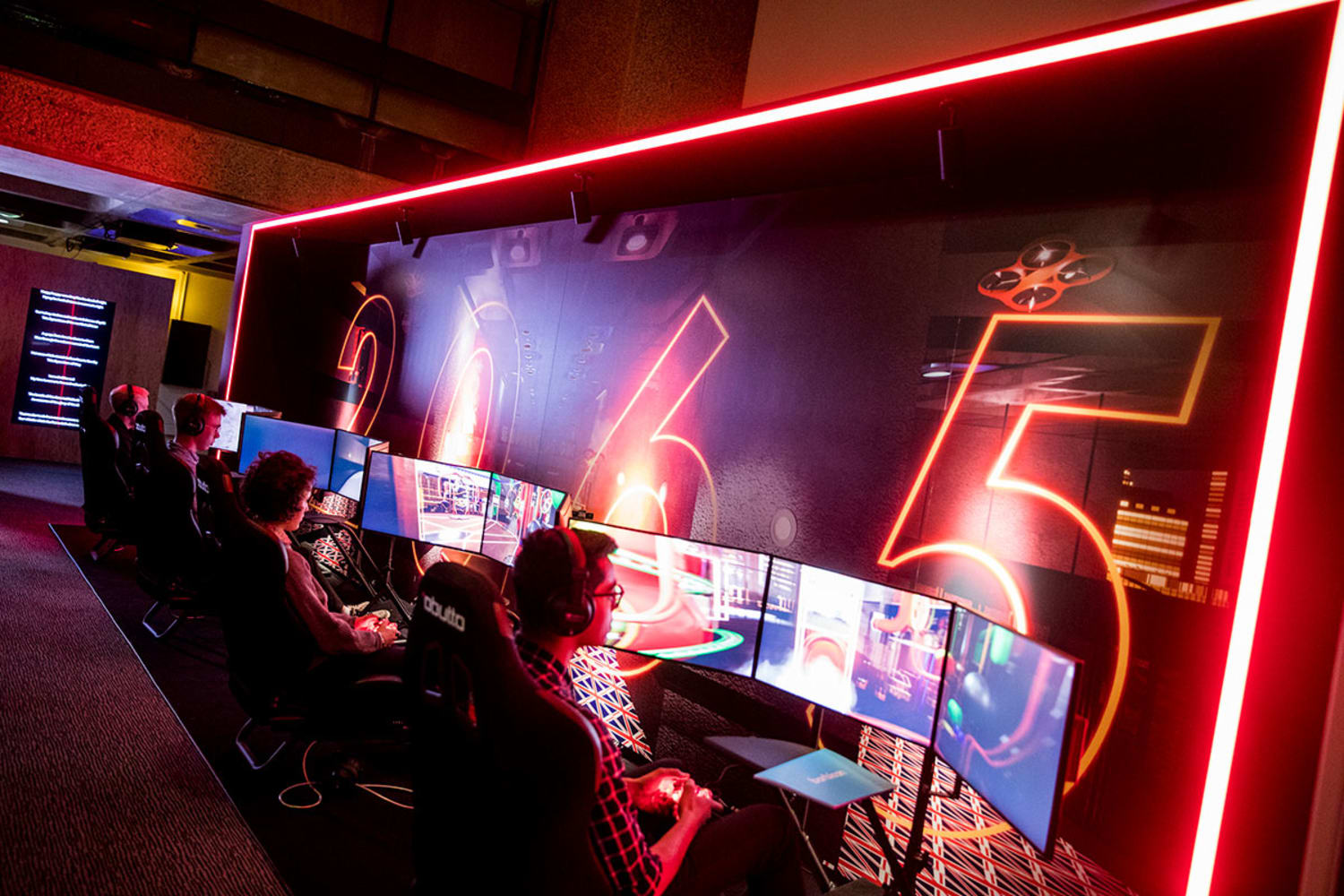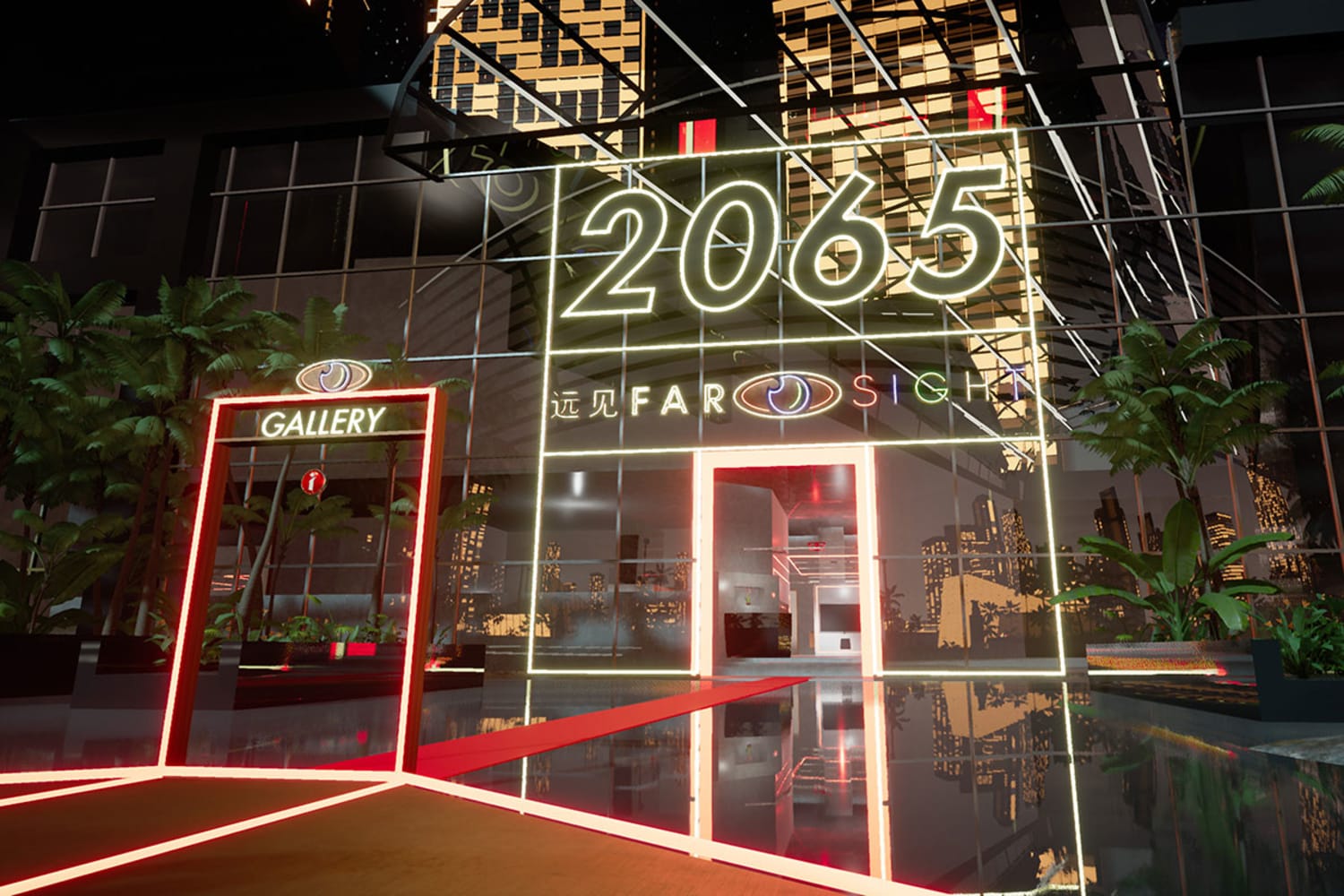Artificial Intelligence (AI) is engaging the minds of Londoners this month in Barbican’s latest exhibition: AI: More than Human. Running through August 26th, 2019, the exhibition is part of Barbican’s Life Rewired arts and learning season that explores “what it means to be human in a time when technology is changing everything.”
The Barbican's latest exhibition questions the concepts of humanity and creativity in a digitally steeped world.


AI: More than human tracks the history of AI from its earliest iterations as Golem in the 1800s into the future with Laurence Lek’s open-world video game 2065 as a reflection on “how this technology impacts our very existence.” The exhibition is filled with a variety of ground-breaking ideas, products and projects offering insight and inspiration on how AI can reshape our lives.

Daily life redesigned
China is a forerunner in the global AI race, as highlighted in our Cool China report. From reactive traffic lights that can assist emergency vehicles to facial recognition systems that track its population, China is leveraging AI to reinvent the everyday. According to Luis Sanchez and Ana Cuna’s ‘AI in China’ (2019) film, Chinese cities of the future will adopt “City Brain” programs to help optimize urban environments by regulating traffic and congestion.
Some retailers have even installed AI to recognize customer faces and automatically process their in-store payments. Although East currently triumphs West in the smart city realm, this month’s halting on the Toronto X Sidewalk’s lab project serves as a reminder to a future closer than we anticipated. “AI is part of a bigger system: artificial life,” said curator Anna Holsgrove.
Re-engaging humanity
Browser Tracking Protection enabled. Unable to display content.

Projects like JFK Unsilenced (2018) by Rothco, Acenture and Cereproc show that humanity still has a place in the bigger system of artificial life. Viewers can hear the former U. S president John F. Kennedy deliver his Dallas Trade Mart 1963 speech, ‘recorded’ 55 years after his assassination thanks to advances in AI technology. By reviewing 831 of JFK’s speeches and interviews, the team used advanced sound engineering to bring the unfinished speech to life.
Synthesizing Obama (2017) is also on view, shedding light on the processes behind deepfake. Using this technology for good is something brands are starting to explore, as with the April 2019 Malaria No More campaign starring David Beckham. Using AI video synthesis technology, Beckham is able to ‘speak’ in over nine languages in the voices of men and women from around the world, including malaria survivors and doctors working to staunch the spread of the disease. With the current rise of celebrities and politicians like Nancy Pelosi falling victim to deepfake technology, the exhibition illuminates inspiring ways to leverage the application for good, to bring humanity back into the equation.
Smart sustainability
Browser Tracking Protection enabled. Unable to display content.

At a time when sustainability is at the top of companies’ and governments’ platforms, MIT’s Open Agriculture Initiative highlights opportunities to ensure food security for the future. Fuelled by AI, their Personal Computer Farms optimise the development of crops in small growing chambers by controlling CO2, dissolved oxygen and hydrogen levels as well as monitoring root-zone temperature, humidity and electrical conductivity. By publicly sharing crop-growing data from a network of farms, the Open Agriculture initiative is working to bring controlled agriculture into the household. Leading projects like these show how innovation into AI can help us strive for a healthier, more sustainable future.
The exhibition will be embarking on an international tour starting in the Groninger Forum, Netherlands after the season, bringing its visitors into new directions for the future, beyond a human centred world. For brands, the exhibition points out AI’s capabilities to improve commerce, as well as offering a fresh perspective on artificial intelligence’s impact on society.
Please provide your contact information to continue.
Related Content

VML Prague and KitKat offers a digital break with its new "Phone Break" campaign

